Maybe you were on your way, taking a break from .jpg)
work or school, headed out into the country. Could be that you already lived in the boondocks yearning to go to town to see a movie or have a chocolate soda.
Perhaps you were taking a trip to see the old folks or returning to your loved ones after a stint with Uncle Sam. Or, you could have been hard at work, just dreaming of the day when you could afford the luxury of a cross-country roadtrip. In Vancouver, BC, the United Nations, bureaucrats of sovereign nations and non-governmental organizations (NGO) were busy making big plans for your country and your future:
REPORT OF HABITAT: UNITED NATIONS CONFERENCE ON HUMAN SETTLEMENTS
...Land is one of the fundamental elements in human settlements. Every State has the right to take the necessary steps to maintain under public control the use, possession, disposal and reservation of land. Every State has the right to plan and regulate use of land, which is one of its most important resources, in such a way that the growth of population centres both urban and rural are based on a comprehensive land use plan. Such measures must assure the attainment of basic goals of social and economic reform for every country, in conformity with its national and land tenure system and legislation....
...It is the responsibility of Governments to prepare spatial strategy plans and adopt human settlement policies to guide the socio-economic development efforts. Such policies must be an essential component of an over-all development strategy, linking and harmonizing them with policies on industrialization, agriculture, social welfare, and environmental and cultural preservation so that each supports the other in a progressive improvement in well-being of all mankind. ...
...International and national institutions should promote and institute education programmes and courses in the subject of "human settlements...
...Land is an essential element in development of both urban and rural settlements. The use and tenure of land should be subject to public control because of its limited supply through appropriate measures and legislation including agrarian reform policies - as an essential basis for integrated rural development - that will facilitate the transfer of economic resources to the agricultural sector and the promotion of the agro-industrial effort, so as to improve the integration and organization of human settlements, in accordance with national development plans and programmes. The increase in the value of land as a result of public decision and investment should be recaptured for the benefit of society as a whole. Governments should also ensure that prime agricultural land is destined to its most vital use. ...
...Land, because of its unique nature and the crucial role it plays in human settlements, cannot be treated as an ordinary asset, controlled by individuals and subject to the pressures and inefficiencies of the market. Private land ownership is also a principal instrument of accumulation and concentration of wealth and therefore contributes to social injustice; if unchecked, it may become a major obstacle in the planning and implementation of development schemes. Social justice, urban renewal and development, the provision of decent dwellings and healthy conditions for the people can only be achieved if land is used in the interests of society as a whole.
Instead, the pattern of land use should be determined by the long-term interests of the community, especially since decisions on location of activities and therefore of specific land uses have a long-lasting effect on the pattern and structure of human settlements. Land is also a primary element of the natural and man-made environment and a crucial link in an often delicate balance. Public control of land use is therefore indispensable to its protection as an asset and the achievement of the long-term objectives of human settlement policies and strategies....
...Land is one of the most valuable natural resources and it must be used rationally. Public ownership or effective control of land in the public interest is the single most important means of improving the capacity of human settlements to absorb changes and movements in population, modifying their internal structure and achieving a more equitable distribution of the benefits of development whilst assuring that environmental impacts are considered. ...
...CHANGE IN THE USE OF LAND, ESPECIALLY FROM AGRICULTURAL TO URBAN, SHOULD BE SUBJECT TO PUBLIC CONTROL AND REGULATION.
Such control may be exercised through:
Zoning and land-use planning as a basic instrument of land policy in general and of control of land-use changes in particular;
Direct intervention, e.g. the creation of land reserves and land banks, purchase, compensated expropriation and/or pre-emption, acquisition of development rights, conditioned leasing of public and communal land, formation of public and mixed development enterprises;
Legal controls, e.g. compulsory registration, changes in administrative boundaries, development building and local permits, assembly and replotting;
Fiscal controls, e.g. property taxes, tax penalties and tax incentives;...
These are all direct quotes from The United Nations Conference on Human Settlements in the same order they were given. I have edited for length and with an eye to private property rights.
Thank you, Melodee.
Posts and Comments from Readers
Please include yourself in the discussion. Post a comment.
Thursday, May 15, 2008
The Year Was 1976. Do You Remember What You Were Doing At the End of May?
Subscribe to:
Post Comments (Atom)












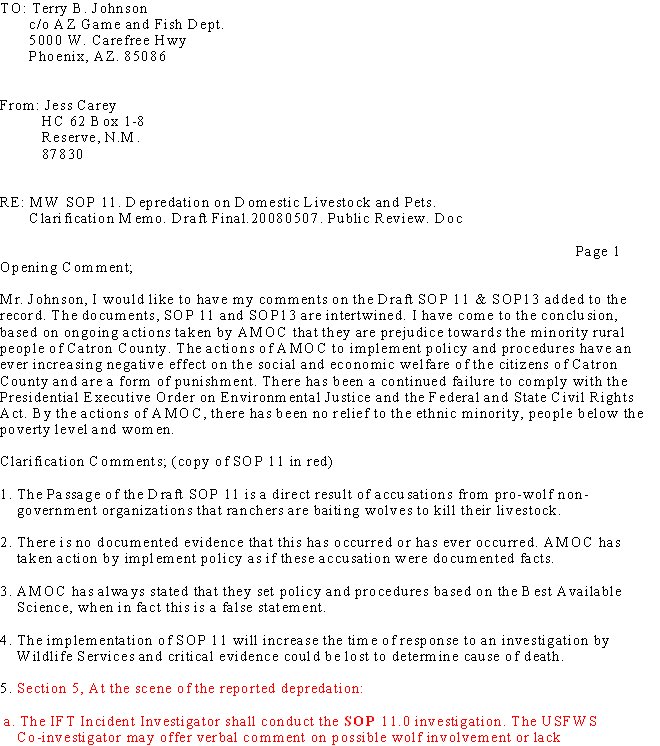
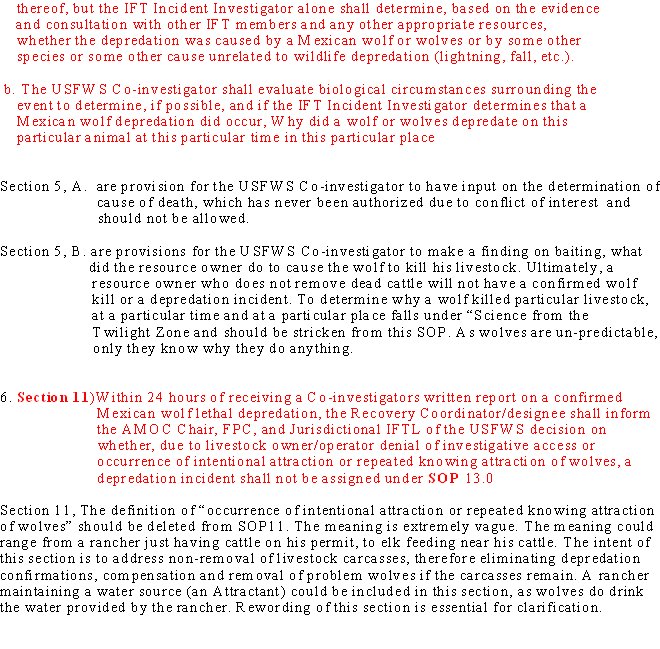
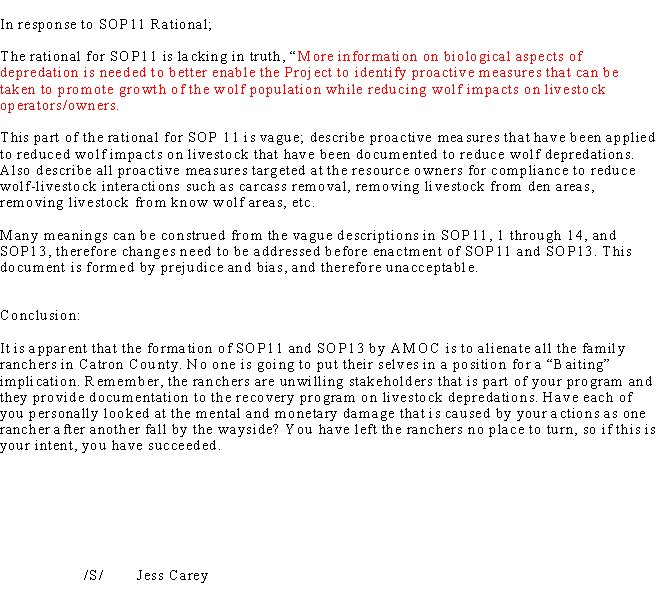

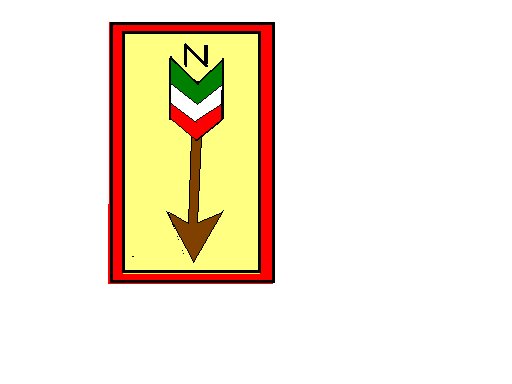


.jpg)


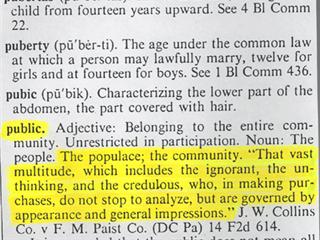









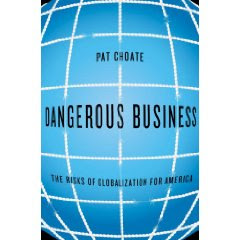


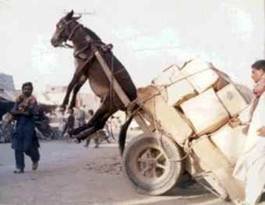


No comments:
Post a Comment